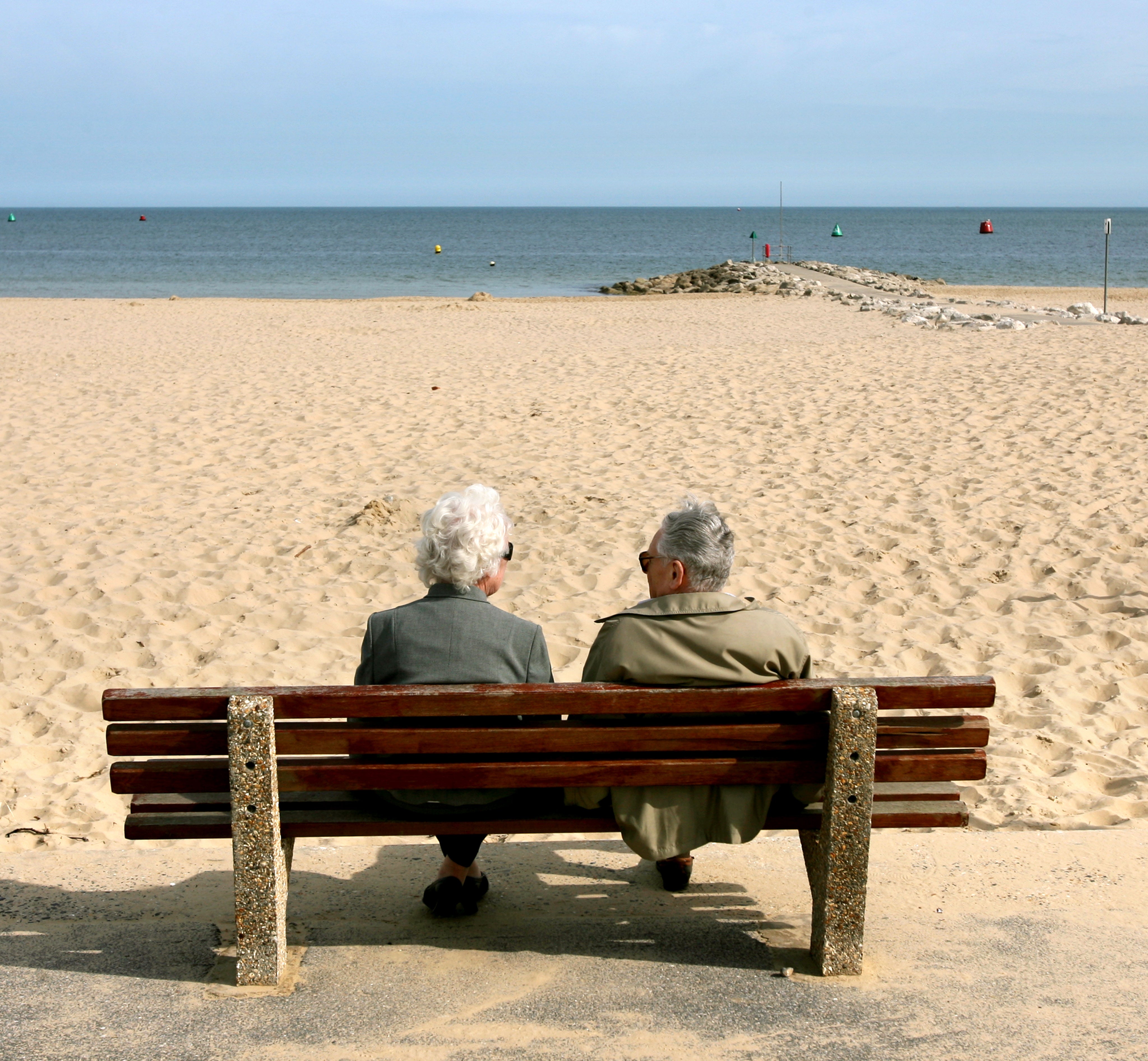Secret to comfortable retirement for couples ‘is an annual income of £26,000’
Couples need £26,000 a year for a comfortable retirement, while single people need £19,000, research from Which? suggests.

Your support helps us to tell the story
From reproductive rights to climate change to Big Tech, The Independent is on the ground when the story is developing. Whether it's investigating the financials of Elon Musk's pro-Trump PAC or producing our latest documentary, 'The A Word', which shines a light on the American women fighting for reproductive rights, we know how important it is to parse out the facts from the messaging.
At such a critical moment in US history, we need reporters on the ground. Your donation allows us to keep sending journalists to speak to both sides of the story.
The Independent is trusted by Americans across the entire political spectrum. And unlike many other quality news outlets, we choose not to lock Americans out of our reporting and analysis with paywalls. We believe quality journalism should be available to everyone, paid for by those who can afford it.
Your support makes all the difference.A couple will typically need a £26,000-a-year income for a comfortable retirement, research from Whic ? suggests.
The consumer group surveyed nearly 7,000 retirees in February about their spending to develop retirement income targets for one-person and two-person households.
While each person’s circumstances are different, the findings could help to indicate how much someone might need to save. The figures include state and private pension income.
A comfortable retirement includes enough to pay for essentials as well as regular short-haul holidays, hobbies, alcohol and charity giving.
- Essential, £18,000
- Comfortable, £26,000
- Luxury £41,000
Couples will typically need an annual income of around £18,000 just to cover essentials such as food and drink, household bills, transport, clothing and health products, Which? calculated.
For a more luxurious lifestyle, they would need to aim towards an annual income of £41,000, unlocking the possibility of extended or long-haul holidays, health club memberships and expensive meals out and have a new car every five years.
For single-person households the typical essential, comfortable and luxury annual retirement incomes were calculated as £13,000, £19,000 and £31,000, respectively.
Retirees in two-person households had spent around 14% less on recreation and leisure and 10% less on transport recently, compared with before the coronavirus crisis in 2019, Which? found.
But spending on cars, charitable donations and groceries had increased by 6%.
For single-person households, spending on long-haul holidays and leisure memberships were down by 14% and 9% respectively.
The type of retirement income someone chooses may also have a bearing on how much they would potentially need to save for a comfortable retirement.
The pension freedoms mean that over-55s can take their income in various ways, including buying an annuity, which will guarantee them a regular retirement income, or drawing money down from their pension pots.
Most people will need to be putting away significant sums if they want to ensure they can enjoy a comfortable retirement
Which? found that, on average, couples need a pot of around £155,000 alongside their state pension to produce the annual income for a comfortable retirement of £26,000 using pension drawdown – or just over £265,000 through a joint life annuity.
For single-person households, achieving a comfortable retirement would mean a pot of around £192,290 alongside a state pension to produce an annual income of £19,000 using pension drawdown, or £305,710 through an annuity, the research suggests.
The calculations for pension drawdown were based on the saver drawing off all of their income over 20 years from the age of 65 and also making certain assumptions about investment growth, inflation and charges.
People looking to find out more about their options may want to consider approaching the Government-backed Pension Wise service for free guidance or paying for independent financial advice from someone who is suitably qualified.
The Pensions and Lifetime Savings Association (PLSA) has also previously produced retirement living standards, to give people an indication of how much they may want to save to achieve certain lifestyles.
More information is at https://www.retirementlivingstandards.org.uk/
Which? wants savers to be given more clarity about their pension savings so they can know if they are on track for later life.
Jenny Ross, Which? Money editor, said: “For many people, the events of the past year will have caused them to rethink their retirement plans and brought the amount of money needed for later life into sharper focus.
“Our research shows that most people will need to be putting away significant sums if they want to ensure they can enjoy a comfortable retirement – but many do not have access to the clear and accessible information they need to help them plan.”